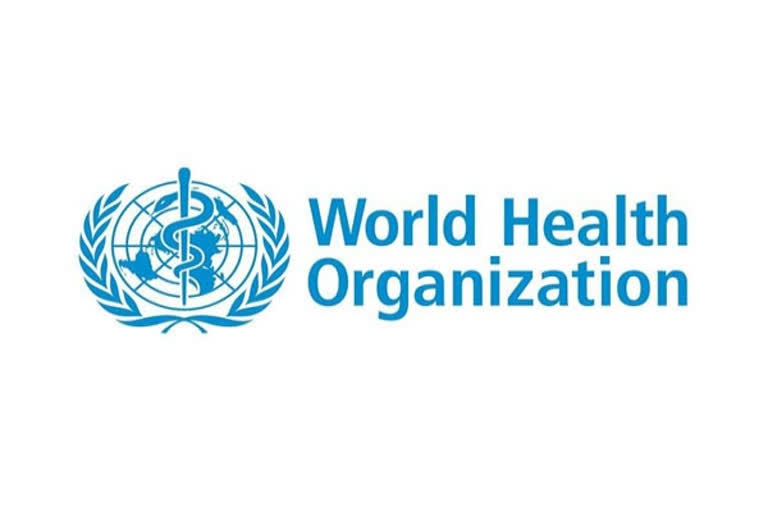Kathmandu: In order to effectively respond to the ongoing COVID-19 pandemic and at the same time prepare for future health emergencies, the World Health Organization and its member countries of the South-East Asia region discussed further strengthening health emergency security systems.
At the Seventy-Fourth Regional Committee meeting, the WHO in an official statement quoted Dr Poonam Khetrapal Singh, Regional Director WHO South-East Asia, as saying, "The COVID-19 pandemic has posed unprecedented challenges. No country globally was prepared enough to deal with an emergency of this scale. It is critical that lessons from the ongoing pandemic are used to inform our efforts to strengthen health security systems."
The WHO further stated that strengthening emergency risk management has been a flagship priority programme of the WHO South-East Asia region since 2014, which has consistently been scaling up response capacities since the 2004 Indian Ocean tsunami, calling it "a mega-disaster" that hit six countries of the region.
During the meeting, the member countries discussed reviewing and reforming various aspects of preparedness, including but not limited to emergency governance structures and workforce, surveillance and alert mechanisms, laboratory, supply management systems, health-care system preparedness and risk communication and community engagement.
